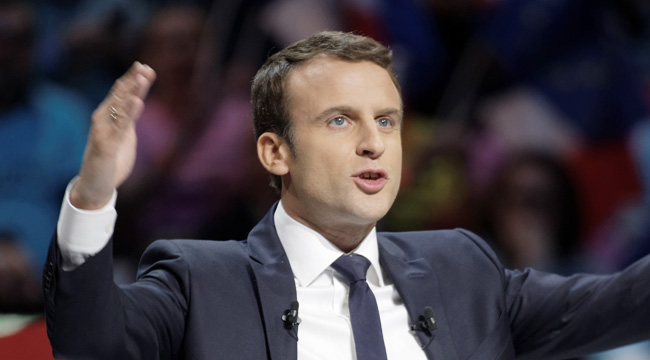
Russia firmly denied directly hacking the French election or leaking any emails related to it, but they never said anything about using fake Facebook profiles to keep tabs on campaign workers and spread misinformation. U.S. intelligence officials and Facebook itself have acknowledged that some Russians did just that, although that aren’t able to say for sure that it was a Kremlin-sanctioned campaign. Facebook did, however, brief Congress on their findings and explained just how the Russians behind the accounts pulled it off, and some of the techniques look quite similar to those used to hack the U.S. Democratic Party last year.
According to Facebook, they first became aware of the nefarious activity during the first round of the French elections, and they also noticed that the techniques used to collect information on Macron’s campaign staff were the same used by the Russian GRU military intelligence unit. If this sounds vaguely familiar, it’s because you might know the GRU intelligence unit as Fancy Bear or APT 28, the same groups that hacked the DNC’s emails during our own presidential election last year.
The approach to interfering with the French election was pretty similar to attempts to undermine our own electoral process. Fake Facebook accounts were used to collect information and the hackers may have also been hoping to plant malware or nab login information. Fake accounts were also used to spread fake news and propaganda, and in the final days of the election the hackers released a trove of documents pulled from the Macron camp’s emails. This April, the number of French Facebook accounts shut down for inappropriate use jumped by 40,000, and Facebook employees were working with both automated tools and human observations to ferret out as many of them as possible.
As suspicious as all that looks, however, there is no hard piece of evidence that proves without a shadow of a doubt that it was indeed Fancy Bear behind the French election meddling, nor is there definitive proof that Fancy Bear (or whoever was behind the fake accounts) was acting on Putin’s instruction. It does go to show, however, how easy it is to sway public opinion and that election hacking doesn’t necessarily have to target voting machines to be effective. Macron might have won in the end, but it’s hard not to wonder what the outcome of future elections will be when — not if — hackers get more sophisticated.
(Via Reuters)
